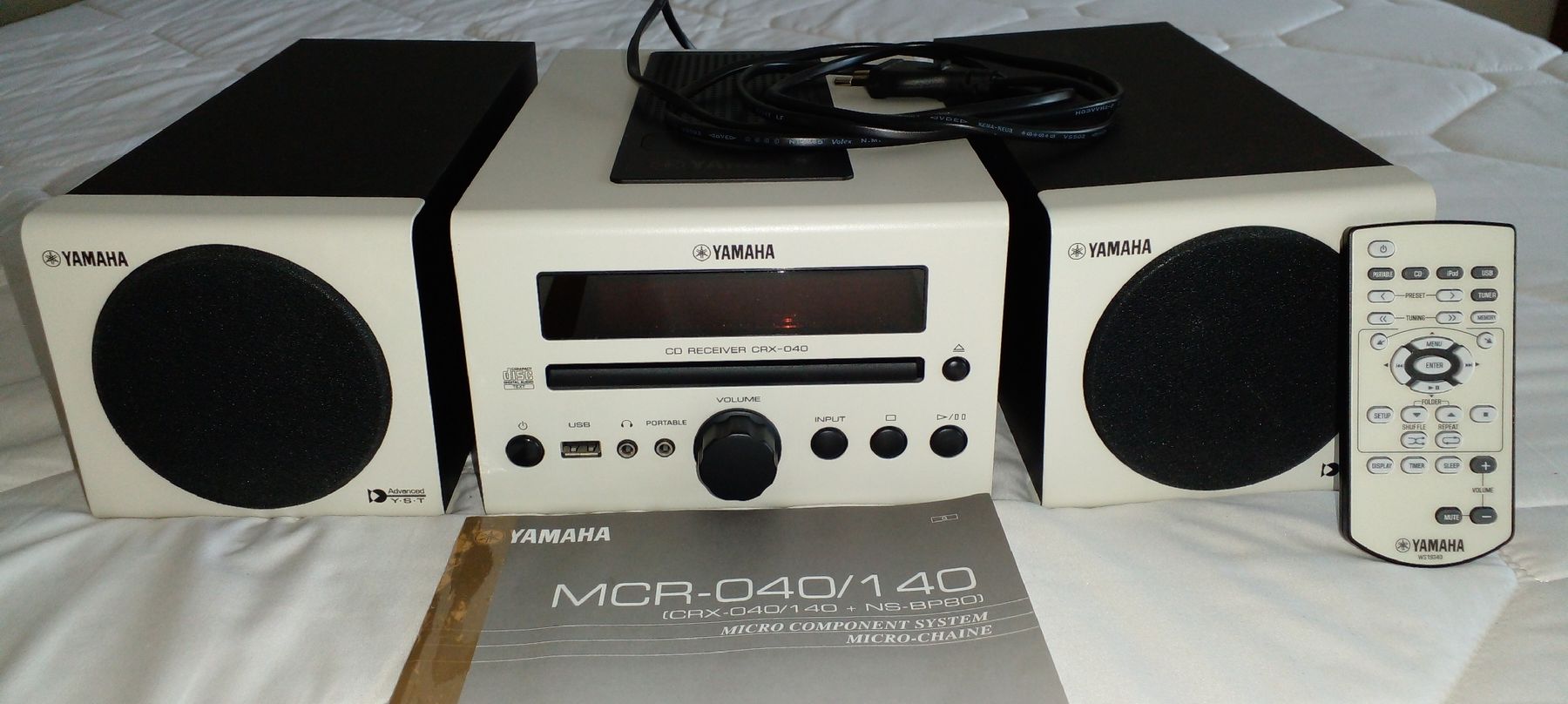Understanding Sound Devices Specifications: A Beginner's Guide

When it comes to audio equipment, the sheer variety of options can be overwhelming for beginners. Whether you're setting up a home theater, looking for the best headphones, or investing in gear for a podcast, understanding the details and qualities of different audio products is important. With the right information, you can make educated decisions that improve your listening experience.
In this guide, we will break down important aspects to think about when choosing audio equipment. From the best features to seek out in high-quality audio gear to tips on picking the appropriate microphones, amplifiers, and speakers, we aim to equip you with the knowledge needed to find the ideal setup for your needs. Whether you're a music lover, content creator, or an aspiring DJ, this tool will help you guide you through the world of audio equipment with confidence.
Key Features of Quality Audio Equipment
When choosing audio equipment, audio fidelity tops the list of essential features. Search for components that deliver a wide frequency response, because this range ensures that both sounds are accurately reproduced. Dynamic range and crystal clear sound are also critical; quality gear should provide a detailed soundstage that enables you distinguish distinct instruments and vocals, which makes your listening experience immersive.
The construction quality is another important factor in determining the worth of audio equipment. Devices should be made from robust materials to handle regular use, especially in recording or live performance settings. Additionally, high-quality audio gear typically has solid connections and components that help maintain performance over time, minimizing the need for frequent replacements or repairs.

Finally, consider the user-friendly features that enhance usability. Search for equipment that provides easy-to-use controls, connectivity options such as Bluetooth or USB, and adaptable options for different environments. Features like noise cancellation in headphones or customizable audio settings in mixers can considerably improve your complete experience, allowing you to tailor the sound to your specific needs and preferences.
Choosing the Appropriate Audio Gear for Your Needs
Choosing the appropriate audio equipment starts with grasping your specific needs and wants. Identify the main use for your audio gear, whether it is for informal listening, professional music production, podcasting, or live performances. discount home audio presents distinct demands, and recognizing how you plan to use the equipment will guide your decision-making process successfully.
Next, think about the environment where you will be using the equipment. For domestic audio setups, the size of your room can affect your choice of speakers, soundbars, or surround sound systems. If you're dealing with a limited space, compact audio gear may be essential. Conversely, if you have a bigger setup, you might want to invest in high-quality studio monitors or a strong amplifier to enhance your audio experience.
Finally, budget plays a crucial role in choosing audio gear. Premium equipment can fluctuate significantly in price, so it is important to establish how much you are ready to spend. Researching options within your price range, while also assessing features such as durability, sound fidelity, and compatibility, can result in satisfying purchases that satisfy your audio needs without spending excessively.
Important Aspects for Different Audio Applications
As you choose audio gear, it's essential to consider the particular requirements of your intended application. For home audio arrangements, prioritize speakers and amplifiers that can deliver immersive sound quality, especially if you enjoy movies or music. Seek out surround sound systems that offer various speaker configurations, ensuring that you can achieve an ideal listening experience in your individual space. Additionally, if you plan on using a soundbar, check for features like integrated subwoofers and support for Dolby Atmos to enhance overall sound depth.
For aspiring podcasters or content creators, clarity and detail in audio recordings should be your top priority. High-quality microphones with low self-noise levels are crucial for capturing vocals precisely. Coupled with a trustworthy audio interface, this setup will ensure your recordings sound high quality. Don't overlook the importance of headphones that excel in sound reproduction and comfort, as you’ll need to monitor your audio closely editing sessions.
Live performances also require a tailored approach to audio gear. Here, the durability and robustness of microphones, mixers, and speakers are critical, as they must withstand the rigors of transport and use. Look for equipment with feedback suppression features and flexible connectivity options to adapt to different venues. Additionally, consider investing in wireless transmission systems to reduce cable clutter on stage, which facilitates easier movement for performers and contributes to a cleaner set-up in general.
